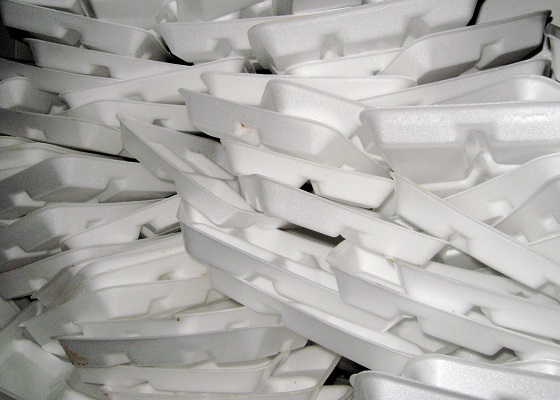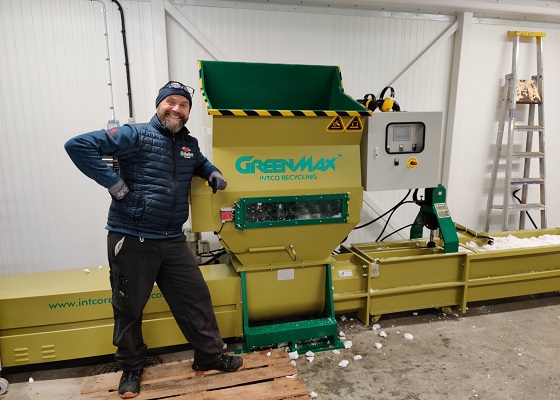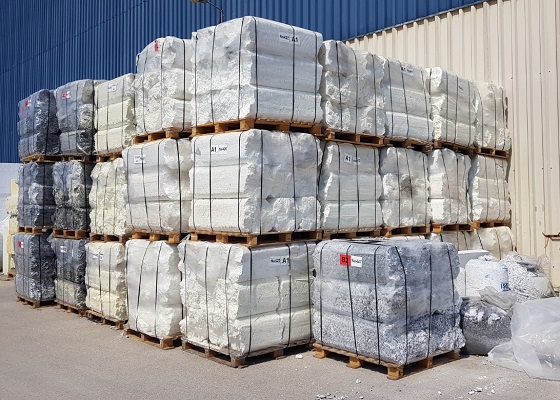Polystyrene foam contains a chemical styrene, which is related to cancer, vision and hearing loss, memory and attention deficit, and nervous system diseases. When you eat hot food or drink liquid in foam plastic plates and cups, styrene will seep from foam plastics into our body. Like many chemicals, we know the health effects of workers exposed to these chemicals. The effects of long-term exposure to styrene for many manufacturing workers include depression, chronic headache, fatigue and weakness, as well as minor effects on renal function and blood. In order to avoid contact with styrene, Styrofoam recycling should be carried out.

The commonly used food plastic packaging materials include polyethylene (PE), polypropylene (PP), polystyrene (PS), polyvinyl chloride (PVC), polyvinylidene chloride (PVDC), etc. it is a kind of high molecular material, which is polymerized by monomer through chemical method, and its molecular weight is very large, so it will not migrate to food easily.

Food packaging belongs to the regulatory scope of “food safety law”. China GB 4806.1-2016 “national food safety standard food contact materials and products general safety requirements” stipulates that the migration amount of packaging plastics in contact with food shall not exceed 0.01 mg / kg, which will not pollute the food. Formal food packaging and food production enterprises must go through the relevant government departments strict evaluation procedures and product quality inspection before they are granted production license, which ensures that the packaging materials meet the food safety requirements and will not cause harm to human body.But the Styrofoam recycling can’t be ignored.

INTCO Recycling is a professional Styrofoam recycling company, which offers GREENMAX Styrofoam compactor to compress the Styrofoam to Styrofoam blocks. INTCO Recycling also purchase Styrofoam blocks. It not only greatly reduces the storage and transportation cost of the retailer, but also can be used as another profit method for the large retailer.